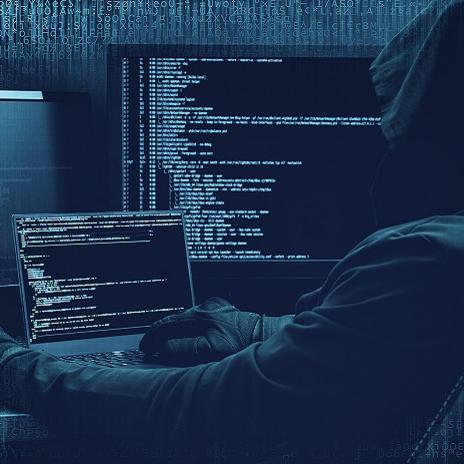The Hidden Wiki is a notorious part of the Dark Web, often described as the gateway to the underbelly of the internet. It operates on the Tor network, which offers users anonymity through onion routing, allowing them to access hidden services without exposing their real-world identities. The Hidden Wiki is a directory of links to various .onion websites, many of which are inaccessible via conventional search engines or web browsers. While some links direct to harmless content like forums or blogs focused on free speech, privacy, and uncensored information, the Hidden Wiki has become infamous for its association with illegal and controversial online markets. It is a place where anonymity meets a grey area of moral and legal boundaries, making it both fascinating and frightening. For those curious about what lies beyond the surface web, the Hidden Wiki can seem like a forbidden fruit. The website has gained notoriety for offering links to markets that sell drugs, weapons, counterfeit money, stolen credit card details, and hacking services. These markets operate under a veil of secrecy, relying on cryptocurrencies like Bitcoin and Monero to enable anonymous transactions.

Users of these markets are shielded by the layers of encryption and privacy inherent to Tor, creating a marketplace where trust is built on user reviews and vendors’ reputations rather than government regulation. The lack of oversight provides an attractive proposition for individuals who want to conduct illegal business far from the reach of law enforcement. However, the Hidden Wiki is not solely about illegal markets. The Dark Web also houses whistleblower platforms like Secure Drop, where journalists can communicate securely with sources. Many activists in countries with oppressive regimes also use such platforms to share information without the fear of government surveillance. These positive uses of the Dark Web are often overshadowed by the criminal activities that draw most of the media attention, but they serve as a reminder of the complex role anonymity plays in both protecting civil liberties and enabling illicit activity. Despite the aura of mystery, navigating the Hidden Wiki and the Dark Web is not without significant risks.
Users can easily find themselves in legal trouble if they unknowingly access illegal content, as many links are often traps or scams designed to exploit the curiosity of newcomers. Furthermore, some sites may contain harmful material, including child exploitation, which poses both legal and moral hazards. Governments worldwide, particularly law enforcement agencies like the FBI, have dedicated considerable resources to identifying and shutting down illegal marketplaces that operate via the Hidden Wiki. High-profile takedowns like Silk Road and AlphaBay highlight the fact that anonymity does not necessarily equate to immunity from prosecution. In essence, the hidden wiki reflects the dual nature of anonymity online. While it can serve as a haven for free speech and privacy, it also facilitates an illicit underground economy that thrives on the lack of accountability. Whether it is a place for defending freedom or a hub of dark deeds depends on where you choose to navigate within this shadowy corner of the internet.
